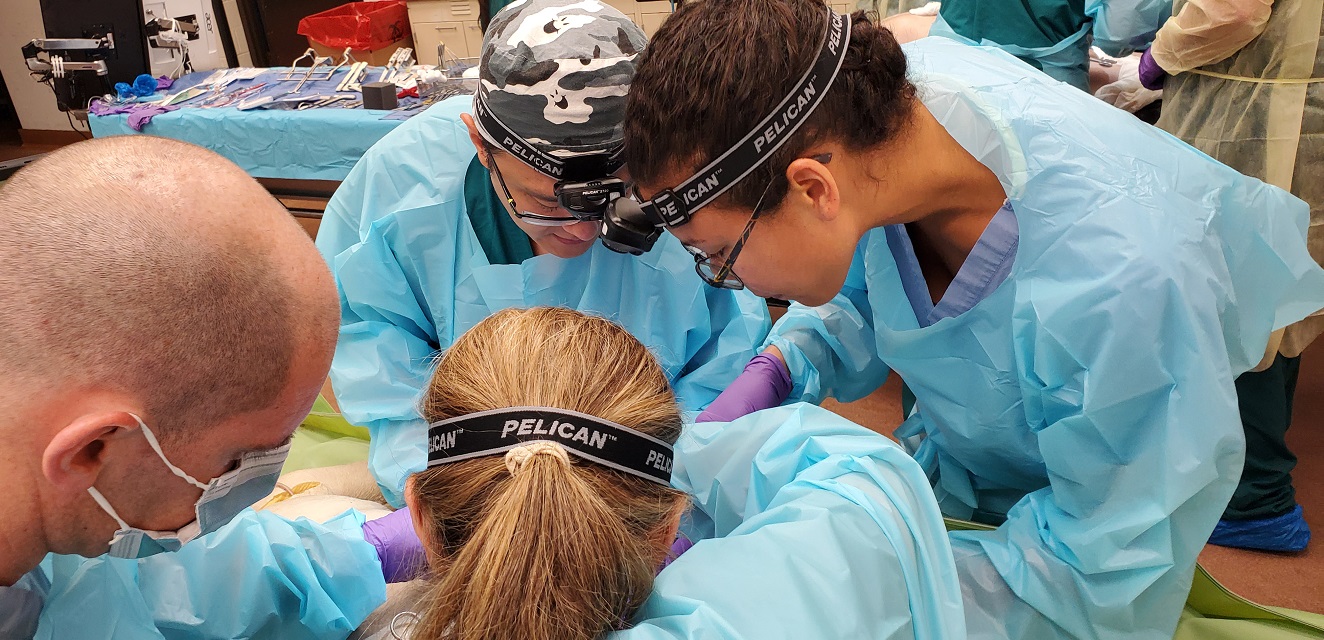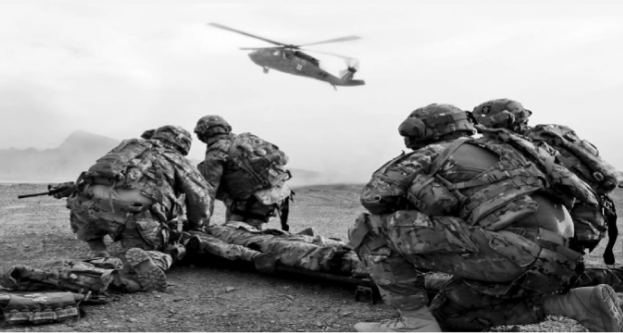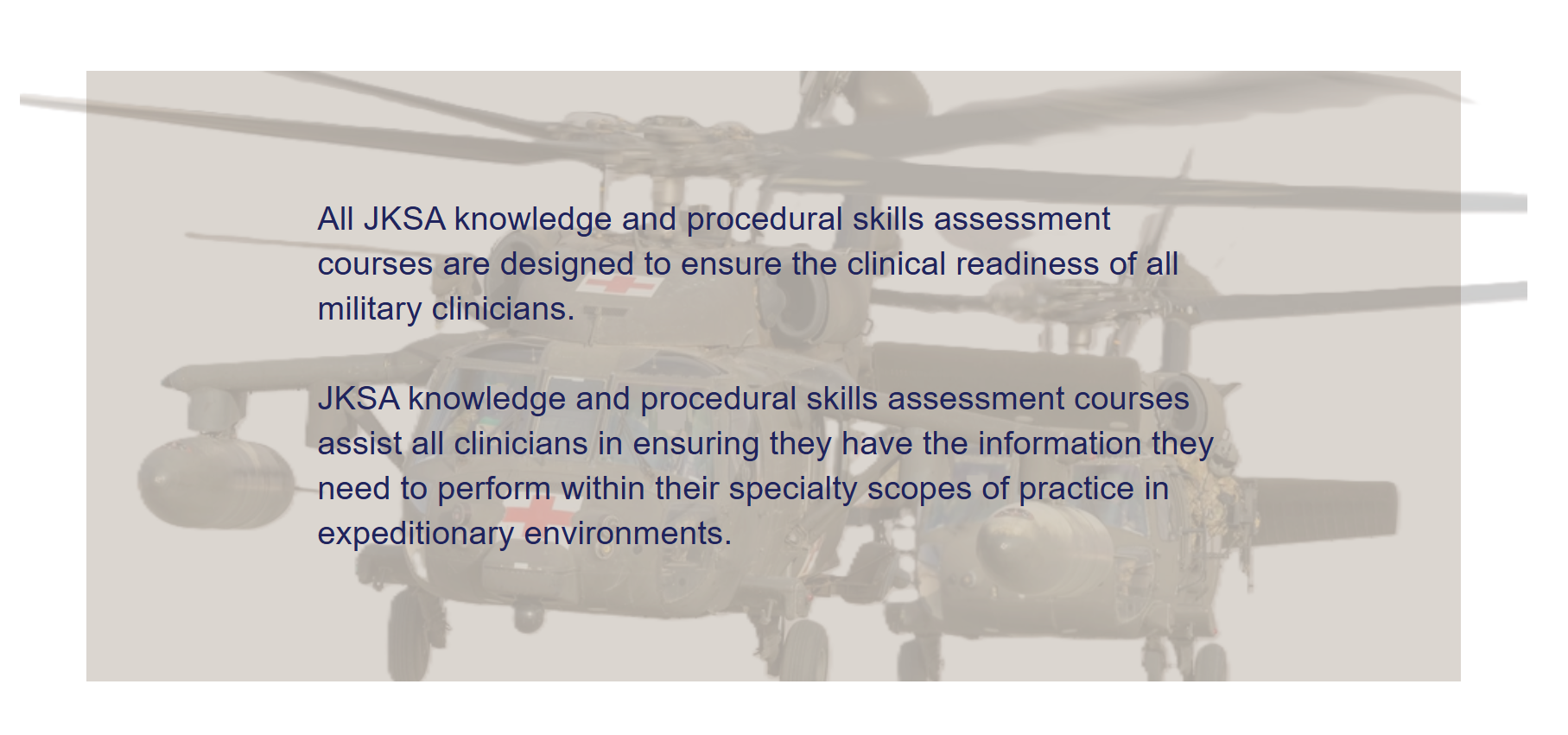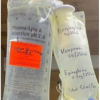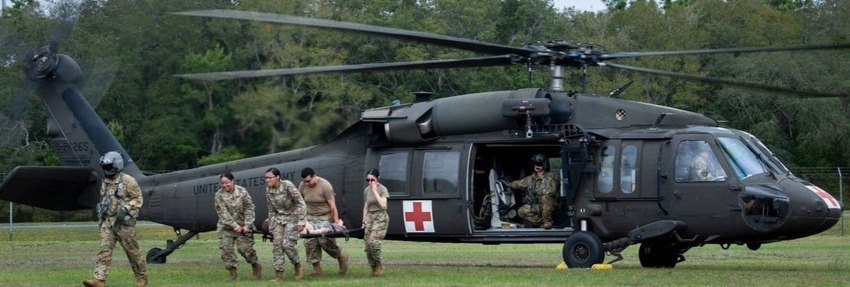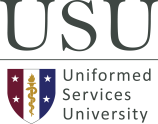The JKSA (Joint Knowledge Skills and Abilities) Clinical Readiness Program is a tri-service program designed to ensure the clinical readiness of all military medical personnel to support operations in expeditionary care environments. The program includes three independent performance measures to characterize the critical components of individual clinical readiness.
1. Specialty-specific knowledge in expeditionary environments.
2. Surgical and procedural abilities required for clinical care in expeditionary care contexts.
3. Maintenance of clinical abilities through routine patient care. Measures of each element identify gap areas that could potentially degrade clinical readiness. The JKSA program also closes identified performance gaps through focused training and other development activities to further sustain a medically ready force.
The knowledge (K) and procedural skills (S) elements of the program are measured through direct assessment of clinicians within the context of courses designed to immediately close any identified performance gaps through re-training. This approach leverages best practices in adult learning and efficiently implements the program elements in a single course. JKSA knowledge and procedural skills assessment courses are designed to assist clinicians with acquiring and maintaining their abilities to provide patient care in rural, remote, austere, and far forward expeditionary care contexts. The courses are largely developed for specific specialty providers, but all are accessible for any military clinicians who are slated to deploy to provide patient care in the specialty context of the course. These courses are especially helpful for clinicians who will care for patients in austere settings of trauma and combat casualties that include both damage control and prolonged care management.
JKSA Distributed Care Map
Completion of these courses meet the JKSA program requirements for knowledge assessment and procedural skills assessment. They may also serve as meeting service-specific requirements (KSA, CMRP, ICTL) for the expeditionary scope of practice of each specialty. Courses are open for any active duty or reservist providers who is deployable to Roles 1-3 echelons of care. Course completions are reported to the service branches and the JKSA program dashboards for all participants. All participants receive CME AMA PRA1 credit for successful completion of the courses (see specific courses for number of credits awarded).
The first thing most people feel when they hear the term assessment is fear; so if it makes you nervous you are in good company. And let’s be honest, most of the time assessment means there is the potential we might fail and who likes that? But there is no possibility of failure within the JKSA program assessment courses! They are designed to provide all participants with the information they need to make decisions about ensuring clinical readiness ahead of deployment.
Assessment information is provided to course participants at baseline, after which participants are able to identify and engage focused training to close any performance gaps, which are subsequently confirmed through culminating assessment. All assessment outcomes are considered confidential. No individual assessment outcomes are reported, however de-identified aggregate data are reported by the JKSA program annually or as requested by commands.
We have implemented JKSA assessment courses since 2018 and have documented a strong need to provide clinical providers with this information. Importantly, we have also demonstrated that clinicians use their assessment information to subsequently achieve and actively maintain the performance standards established for their respective specialties. For example, in the ASSET+ procedural skills assessment course, less than 2% of course participants are able to meet the performance standards at baseline! The good news is that after re-training, 99% were able to accurately perform the procedures and 86% to perform them accurately and independently. More importantly, these outcomes have been demonstrated to transfer to subsequent trauma care and in the actual management of combat casualties during a MASCAL event. This is the program’s purpose and the focus of all KSA knowledge and procedural skills assessment courses.
Department of Surgery
Uniformed Services University & the
Walter Reed National Military Medical Center
“America’s Medical School”
4301 Jones Bridge Road
Bethesda, MD 20814
(301) 295-9172
